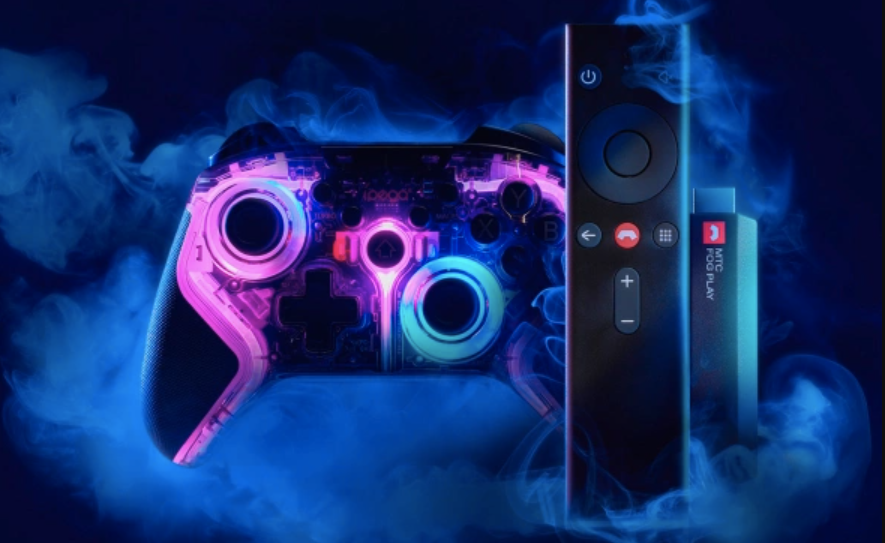
When it comes to sovereign computing, it either goes south due to a lack of resources — or it goes the Chinese knockoff way and ceases to be sovereign.
After Putin ordered the government to develop a Russian game console in the spring, the Russian industry has chosen to go both ways. One is to design a sovereign console based on a dual-core homegrown Elbrus processor, Habr.com reports; another is to build a cloud gaming service based on cheap consumer hardware and call it sovereign, as it looks from an RBC report.
Russia is developing a gaming console based on its Elbrus processor that features a Very Long Instruction Word (VLIW) microarchitecture originally aimed at heavy-duty, mission-critical workloads. On the performance side of things, Elbrus has nothing to write home about based on benchmarks that have largely found it "completely unacceptable" for most tasks.
"It is obvious to everyone: Elbrus processors [cannot] compete equally"
Anton Gorelkin, State Committee on Information Policy
The new console is not expected to have performance comparable to the PlayStation 5 or Xbox Series X|S, so Russian politicians want developers to create something unconventional to overcome performance challenges.
"I hope my colleagues will approach this task with full responsibility and come up with something truly groundbreaking," wrote Anton Gorelkin, Deputy Chairman of the State Duma Committee on Information Policy. "It is obvious to everyone: Elbrus processors are not yet at the level required to compete equally with the PS5 and Xbox, which means the solution must be unconventional."
That unconventional approach could involve either simplifying games to the degree that Elbrus CPUs can handle (the Russian audience still has access to world-class games and would likely not play those 'simplified' games) or using cloud rendering and compute, which means that gamers would require perfect broadband with low latency to enjoy their titles.
Interestingly, Gorelkin emphasized that the console should not merely serve as a platform for porting old games but also for popularizing domestic video games.
Speaking of cloud gaming, Russian gamers might be interested in a game console developed by MTS, a prominent Russian telecommunications company. MTS makes no secret that its console is a cloud-based gaming service, though the company calls it the MTS Fog Play platform.
The device uses low-end hardware, comes with an Xbox-like controller, and costs around $50. Since, for $50, you cannot make a console capable of rendering even entry-level Android games, the device will rely on MTS's Fog Play cloud service. That service will support both remote gaming and rental gaming principles (i.e., owners of higher-end PCs interested in MTS's games can rent games and still rely on hardware they own).
Neither of these consoles has come to market yet, but we'll keep a close eye out for benchmarks when they do.







